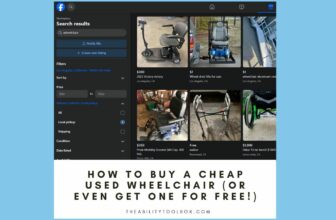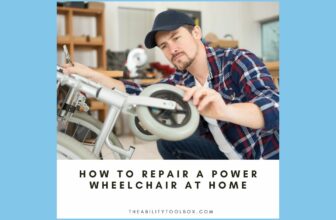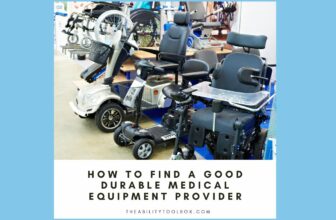Aging is inevitable, but knowing what to expect can help prepare you for unexpected surprises. Today, we take a look at five age-related changes in women’s bodies.
1. You go through menopause
Menopause signals the end of a woman’s childbearing years and occurs 12 months after her last menstrual cycle. Most women will experience this time of life during their 40s – 50s.
Symptoms of menopause include hot flashes, sleep changes, weight gain, thinning hair, and more. Although these symptoms may be worse in some women than others, remember that they will eventually go away.
2. Your memory and cognition can change
Age and memory changes often go hand in hand. Factors such as changing hormones and deterioration of the hippocampus can cause “brain fog,” difficulty concentrating, or brief lapses in memory.
Memory changes in women may be caused by age or menopause. Changing estrogen levels can impact short-term memory recall. Although forgetting where you put your keys or the details of a recent conversation can be perfectly normal, it’s essential to be aware of the early warning signs of dementia so you can know when to speak to your doctor and seek treatment.
3. Your body shape may change
Changing hormones, slowed metabolic function, changes in how your body uses and stores fat, and even changes to your bone structure can impact your body shape. You may find it is suddenly easy to lose muscle and gain weight.
Regular exercise can help counteract unwanted weight gain and maintain your energy levels. Consider lower-impact exercises such as swimming, yoga, and walking, especially if you find that you are experiencing joint or muscle aches.
4. Your risk of osteoporosis increases
Osteoporosis occurs when the strength and density of your bones decrease. Although anyone can develop osteoporosis, women are particularly susceptible due to decreased estrogen levels. Left untreated, bones can become brittle and fragile, significantly increasing the potential damage of falls.
Drinking milk and increasing your calcium intake through food or supplementation can help you build strong bones and combat osteoporosis. Speak with your doctor about the best options for your situation.
5. Your hair can change
Greying hair happens to most people due to changes in melanin production – the pigment that gives hair its color. Hormone changes during menopause can cause your hair’s texture to change. Your hair may also become brittle, break easily, or lose its thickness.
What you can do to combat age-related changes
Many people feel discouraged about aging. However, remember that there are many things you can do to age gracefully and maintain your quality of life.
Stay Active
Whether you walk, hit the gym, or play a sport, it’s important to exercise regularly to maintain the health of your muscles and bones.
Stay Social
Maintain connections with your friends. Volunteer or find social groups related to your interests where you can
Learn Something New
Staying curious about the world and learning new information, activities, and games can help support your neurological health and brain plasticity.
Eat Nutritious Food
Eating nourishing food with plenty of protein, vitamins, fiber, and healthy fats can help promote longevity and reduce the risk of many chronic diseases.
Take a Multivitamin
If you are having trouble getting your daily vitamins, consider taking a multivitamin. Supplements can help fill in gaps in your vitamin and mineral intake.
Consider IV Supplements
Taking a supplement containing NAD can also help keep your body in good health. Nicotinamide Adenine Dinucleotide (NAD) is a coenzyme that plays a part in hundreds of interactions within your body. It is best known for maintaining cellular health, supporting metabolic function, and helping boost energy levels.
If you are wondering whether to choose a NAD supplement vs IV, keep in mind that part of the ingredients in any oral supplement is lost to the digestive process. NAD+ IV therapy circumvents this issue because it is administered directly into the bloodstream for full absorption and maximum effect.
Conclusion
Age-related changes are a normal part of life. Caring for your body over time with a healthy diet and regular diet can help minimize many of these effects. Getting regular checkups is also important to help catch age-related diseases or degeneration early, while they are easiest to treat.
Follow me down the rabbit hole!
I'm Alice and I live with a dizzying assortment of invisible disabilities, including ADHD and fibromyalgia. I write to raise awareness and end the stigma surrounding mental and chronic illnesses of all kinds.
Dr. Wilson graduated from Rosalind Franklin University of Medicine and Science and completed her residency in Internal Medicine at Advocate Good Shepherd Hospital in Barrington, IL. Dr. Wilson specializes in providing culturally competent and trauma-informed care to patients with physical disabilities. In addition to her private practice, she works as a science communicator, teaching health literacy to middle school and high school students in her local school district.









